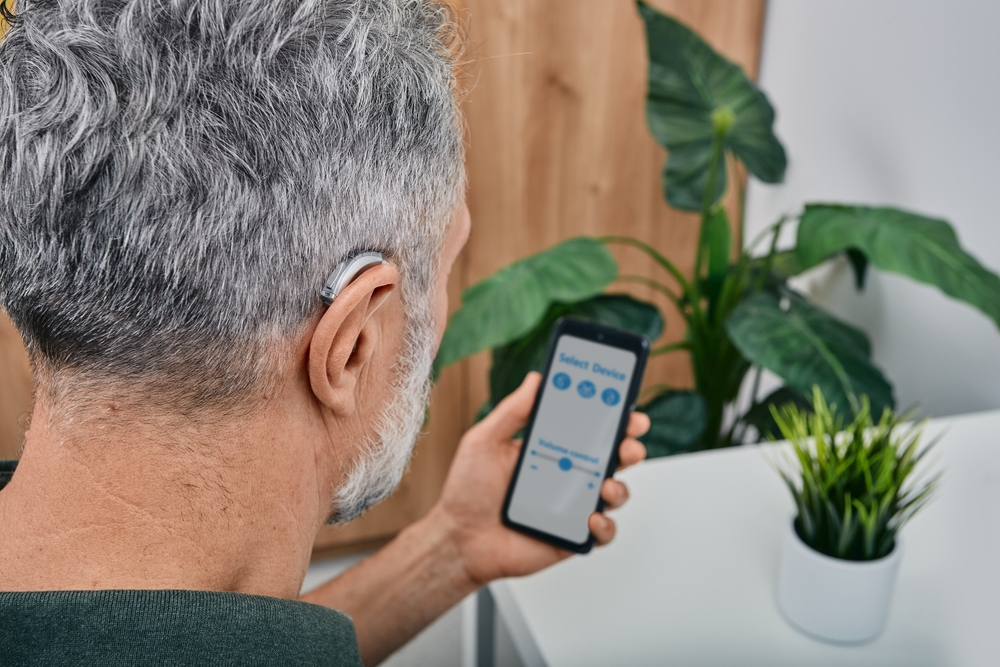
Socializing with friends and family and interacting with co-workers can be negatively influenced by even mild hearing loss, and this also includes everyday tasks like shopping. However, the benefits of well-calibrated hearing aids can bring about transformative changes.
Top ten reasons to get hearing aids
While the chief advantage of hearing aids is obvious, improved hearing, their impact extends far past basic auditory enhancement. The following will comprehensively outline those advantages.
Improved relationships and communication
Personal relationships rely on the ability to communicate clearly. Relationships can be strained when hearing loss causes missed communication. Feelings of separation and stress will be reduced and your ability to communicate with others will be improved by using hearing aids.
Being more independent
Untreated hearing loss leads to barriers in communication causing tasks like going shopping to become difficult. Your ability to understand speech and hear in a variety of environments will be empowered by hearing aids, allowing you to navigate these situations more independently. Having a better sense of independence will help you do things that demand enhanced situational awareness such as driving, for example.
Possibility of earning more
In professional situations, successful communication is essential. Neglected hearing loss can impede your ability to engage in meetings or discussions completely, potentially affecting job performance and career development. By using hearing aids, you can stay engaged and alert, enhancing your productivity and opening doors to career opportunities.
Reduced tinnitus symptoms
Hearing loss is commonly accompanied by tinnitus symptoms or ringing in the ears. Many individuals find that wearing hearing aids helps mask tinnitus sounds, offering relief and improving all-around comfort.
Cognitive decline can be mitigated
Some research has uncovered a connection between neglected hearing loss and mental decline, including dementia. It’s possible that utilizing hearing aids to treat neglected hearing loss can decrease the chance of cognitive impairment and help maintain the overall health of the brain.
The enjoyment of music
Hearing loss can distort the perception of music, making it less pleasurable. The depth and richness of musical sounds can be restored by hearing aids which fill in the gaps in frequency so you can take pleasure in your favorite songs once more.
Increased confidence
Whether you’re in a social or professional setting, being able to hear better will give you more confidence. With increased communication abilities, you’ll feel more self-assured and capable, improving your overall quality of life.
Having more energy
Untreated hearing loss can be mentally tiring, as the brain works extra hard to make up for auditory deficiencies. With hearing aids, you won’t feel so fatigued and will be able to participate in all of those activities that you enjoy.
Enhanced safety and awareness
Whether you’re driving a car or crossing the road, being aware of your surroundings is a critical part of safety. Hearing aids restore environmental sounds, like approaching vehicles or alarms, ensuring that you can react properly and safely.
Setting a positive example
Embracing hearing aids demonstrates a proactive approach to health and well-being, establishing a positive example for others facing similar difficulties. It inspires people around you by revealing a commitment to personal improvement and growth.
Schedule a hearing test today
While the chief benefit of hearing aids is to boost auditory perception, the ripple effects on various aspects of life are profound. Whether it’s nurturing better relationships, maximizing independence, or protecting mental health, the decision to use hearing aids is a step towards a more fulfilling and engaged life.
Take the first step towards hearing better today by scheduling a hearing evaluation with us.
[blogcta]
